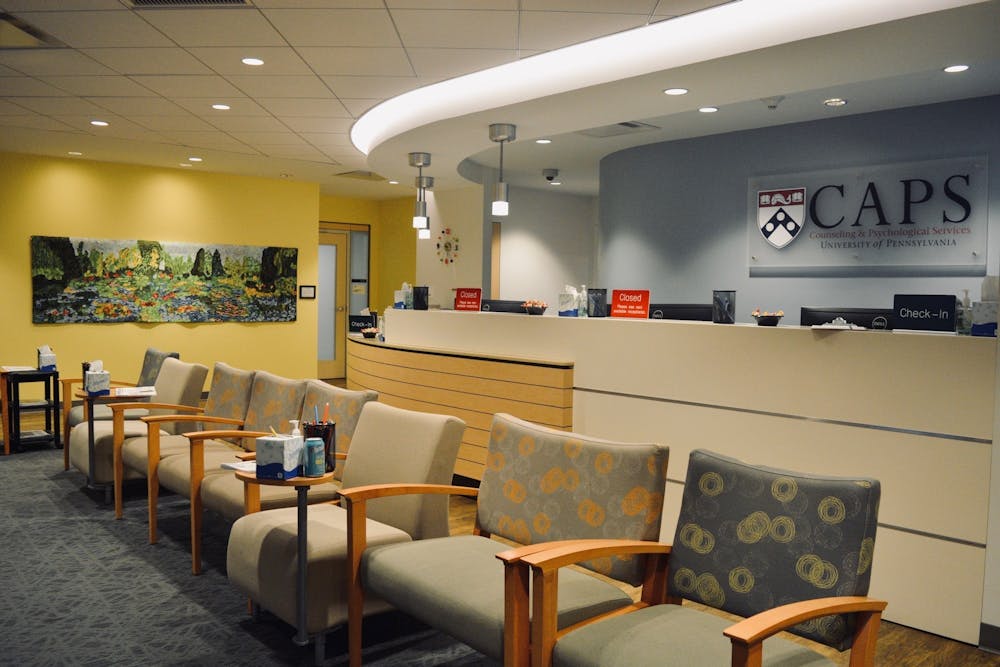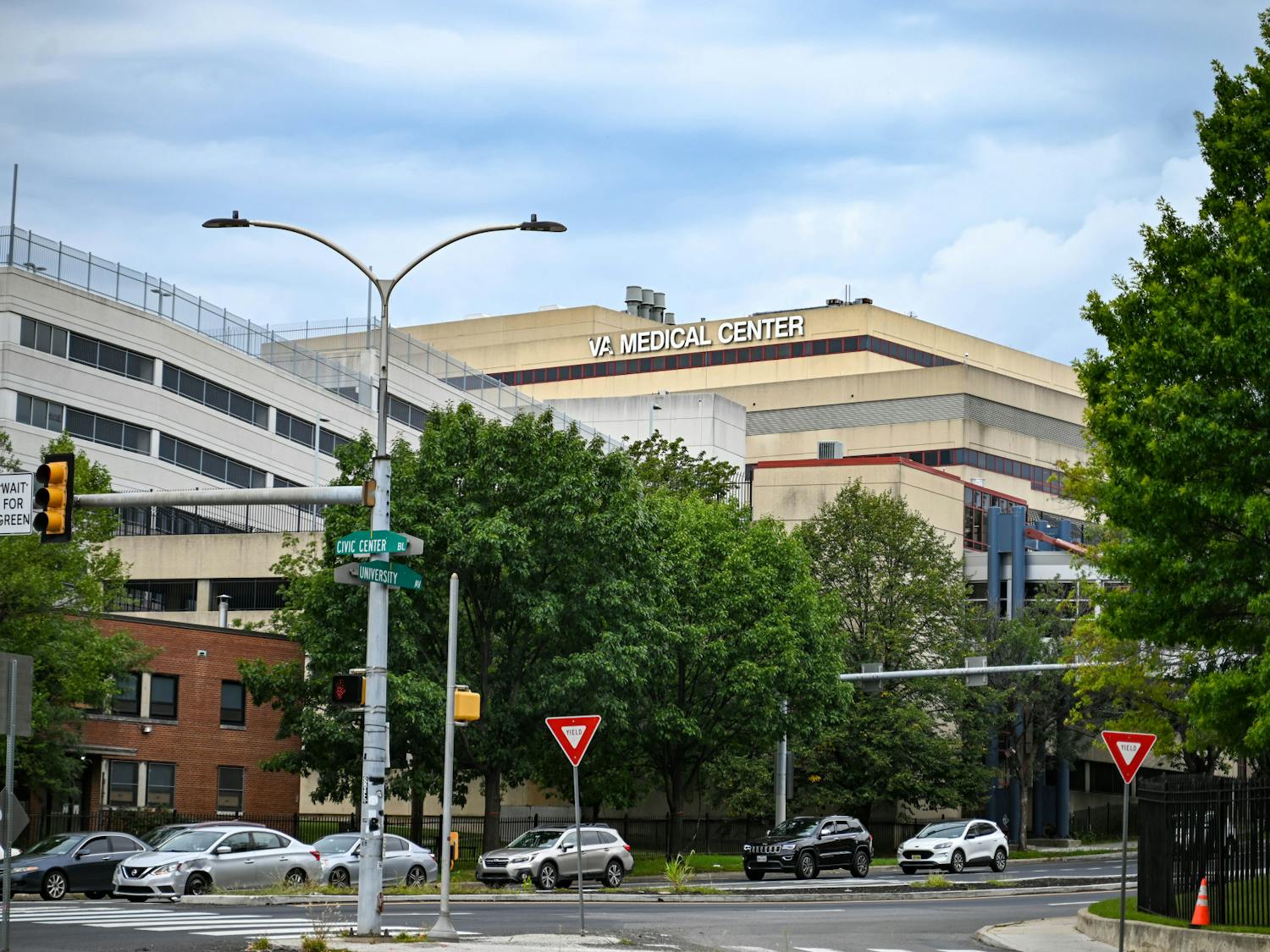The transition to college life can be an exciting but overwhelming experience for first-year students. Here’s a guide to navigating University and student-run resources for mental health, accessibility, and first-generation, low-income students.
Mental health and wellness
Counseling and Psychological Services offers professional mental health support on campus. Located at 3624 Market St., CAPS provides confidential counseling and wellness programs that are free for Penn students. Clinicians are available by appointment or by drop-in sessions during regular office hours, as well as on a 24/7 phone hotline for immediate assistance. CAPS also offers group sessions and workshops which aim to give students a place to share their experiences with others while promoting mental wellness.
Additionally, Penn Benjamins is a student-run organization that offers short-term, peer-to-peer listening services for undergraduates. The group’s mission is to create a safe, confidential space where students can express their emotions and receive support. No appointments are necessary for their services, which are offered Sunday to Thursday from 8 p.m. to 11 p.m. either in person in Van Pelt Library or virtually.
College junior and Penn Benjamins President Emily Huynh encouraged students to utilize the resources available for mental wellness and emphasized that there is no shame in seeking support.
“One, it’s okay to experience these things. It’s completely normal. And two, there is help,” Huynh said. “We have desire and empathy and [a] skill set to hold space for individuals that may need a listening ear.”
Accessibility advocacy
Disability Services is the central University Life resource for disabled students. Housed in the Weingarten Center at 220 S. 40th St., the center allows students to request accommodations for academics, housing, dining, technology, and communications. Disability specialists can assist in developing individualized plans for a student’s specific needs and offer feedback on how to navigate college life on campus.
RELATED:
From excitement to unease, Penn community weighs in on loosened COVID-19 policies
Class of 1982 donates $250,000 to pre-orientation programming, honoring 40th reunion
Student groups such as The Disabled Coalition aim to create a platform where disabled students can form connections with one another and collaborate with the Penn community to advocate for disability education.
The Disabled Coalition also hopes to encourage self-advocacy and visibility for all disabled students at Penn — not just undergraduates — through social events, informal panels, and guest speakers throughout the school year.
College sophomore Lex Gilbert, the coalition’s founder and president, said that the group is working on an outreach strategy to inform students of resources and accommodations they can receive that may not be stated on the Disability Services website.
“[We] really just want to start simple … [and] make sure that we can at least get our name out so that people know we exist, know that we’re a resource,” Gilbert said. “We’re really looking to get our name out there and connect with more clubs on how they can be more accessible.”
FGLI support
FGLI students, who are often the first people in their families to attend college, can take advantage of resources offered by several centers and student advocacy groups. The Greenfield Intercultural Center, which is located at 3708 Chestnut St., is home to an assortment of free resources — including a computer lab and a collection of donated textbooks housed in Van Pelt Library.
The University's Penn First Plus program opened an office for student advising and support on the ground floor of College Hall in 2020. P1P is partnered with offices across the University to assist students with academic pursuits, financial literacy, career development, and more.
P1P Executive Director Marc Lo said that the office’s focus for New Student Orientation is to teach students how to navigate University resources through engaging activities like scavenger hunts and skits, with an emphasis on how to make the most of in-person experiences.
“What we’re really looking forward to this year is helping students get more excited about all the things that they can do in person now that we’re shifting out of a pandemic [and] into a more endemic relationship with COVID-19,” Lo said.
FGLI student groups offer a wide range of academic- and identity-based organizations where students can build connections with peers of all identities. Nine student-run groups such as Penn First, Collective Success at Penn, FGLIQ, and more work to provide mentorship and social support.
Correction: A previous version of the article made it seem as if Penn Fist Plus was an expansion of the FGLI program when in fact P1P is an entirely separate initiative. The DP regrets this error.









